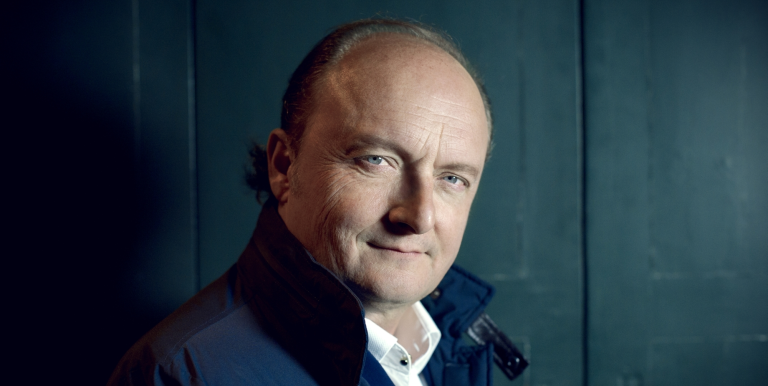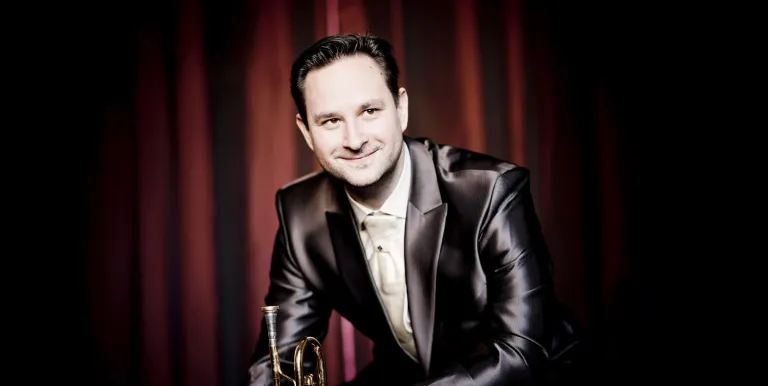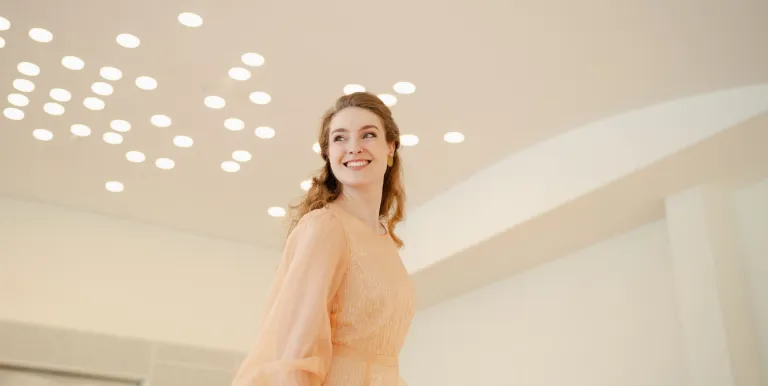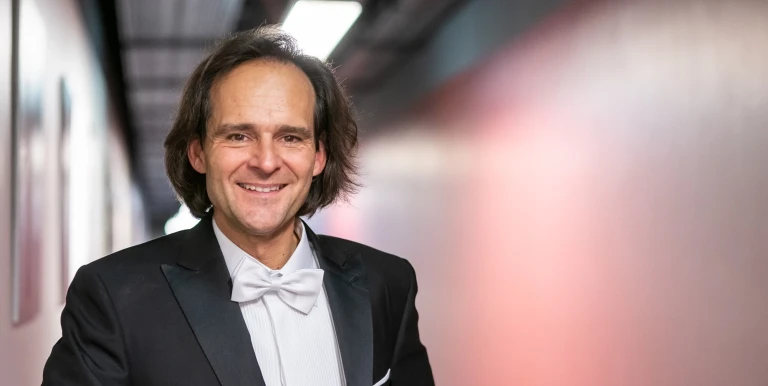one interval
Conductor and oboist:
Featuring:
Mozart
Symphony No. 34 in C major, K. 338
Mozart - François Leleux
Arias from the operas The Magic Flute and Don Giovanni (arrangements for oboe and choir)
Schumann
Symphony No. 2 in C major, Op. 61
Are wind players capable of song? Of course they are! The world-class French oboist François Leleux will provide conclusive proof of this when he plays his own arrangements of arias from two immortal Mozart operas, The Magic Flute and Don Giovanni. And are wind instrumentalists able to conduct? Not all of them, but the soloist for this evening is also an expert in this art. This will not be the first time he has served as a guest conductor at the helm of the Hungarian National Philharmonic Orchestra. On this occasion, we will hear one symphony from each Mozart and Schumann.
Mozart was eight years old in 1764 when he wrote his first symphony and was 32 in 1788 when he wrote his last, three years before his death. Depending on the catalogue system used, his works in this genre number between 41 and 68. The piece with Köchel catalogue number 388 to be heard here is one of his most mature, as it is only followed by six works of a similar genre. Its inventiveness and refinement bears testament to this. The Magic Flute, which is at once fairy tale and mystical, and Don Giovanni, which presents the demon of seduction, are also later works that belong among the most mature in their genre. Robert Schumann was 36 years old on 19 October 1846 when he completed his Symphony No. 2. With its many dramatic elements, the triumphant energy it exudes and its rich sound, his four-movement opus was a turning point in the composer's creative method: Until then, he had composed at the piano, now he switched to relying on his internal ear and writing the music in his head.
As one of the world's most famous oboists, the French artist François Leleux was only 19 when he was named principle oboe at the Paris Opera. A celebrated artist, he is also a member of the star-studded Les Vents Français wind quintet and an internationally renowned conductor.
Presented by: Hungarian National Philharmonic
-
We wish to inform you that in the event that Müpa Budapest's underground garage and outdoor car park are operating at full capacity, it is advisable to plan for increased waiting times when you arrive. In order to avoid this, we recommend that you depart for our events in time, so that you you can find the ideal parking spot quickly and smoothly and arrive for our performance in comfort. The Müpa Budapest underground garage gates will be operated by an automatic number plate recognition system. Parking is free of charge for visitors with tickets to any of our paid performances on that given day. The detailed parking policy of Müpa Budapest is available here.










